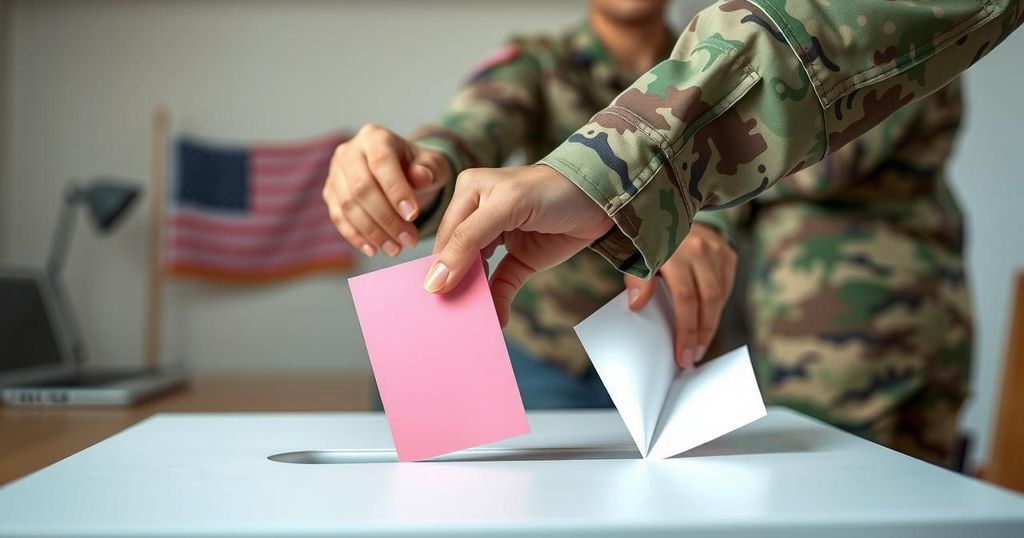Chad conducted a general election signaling a move away from three years of military rule, though low turnout of 38% was reported due to opposition-led boycotts.
Chad held a general election on Sunday, which the government heralds as a significant move towards reinstating civilian rule after three years of military governance. However, the anticipated voter turnout appears to be disappointingly low, with reports indicating an estimated participation rate of only 38 percent. This lack of engagement is largely attributed to a boycott call issued by opposition parties, underscoring the ongoing political tensions in the country. Voters were tasked with selecting representatives for a new parliament, provincial assemblies, and local councils, marking a critical juncture in Chad’s political landscape.
The recent general election in Chad emerges in the context of a prolonged period of military rule that has significantly impacted political stability and public sentiment. The transitional military government has sought to portray the election as a pivotal step towards restoring democratic governance. Nevertheless, the boycott by opposition factions reflects deep-rooted dissatisfaction with the political status quo and raises concerns regarding the legitimacy of the electoral process. Understanding the historical implications of military governance in Chad is crucial in analyzing the current political climate and the challenges faced.
In summary, the general election in Chad represents a noteworthy attempt by the military government to transition back to civilian rule. Yet, the low voter turnout and the boycott orchestrated by opposition parties highlight the prevailing discontent among the electorate. The outcome of this election will be instrumental in shaping Chad’s political future and may indicate the extent of public support for transitioning away from military oversight.
Original Source: www.caledonianrecord.com






